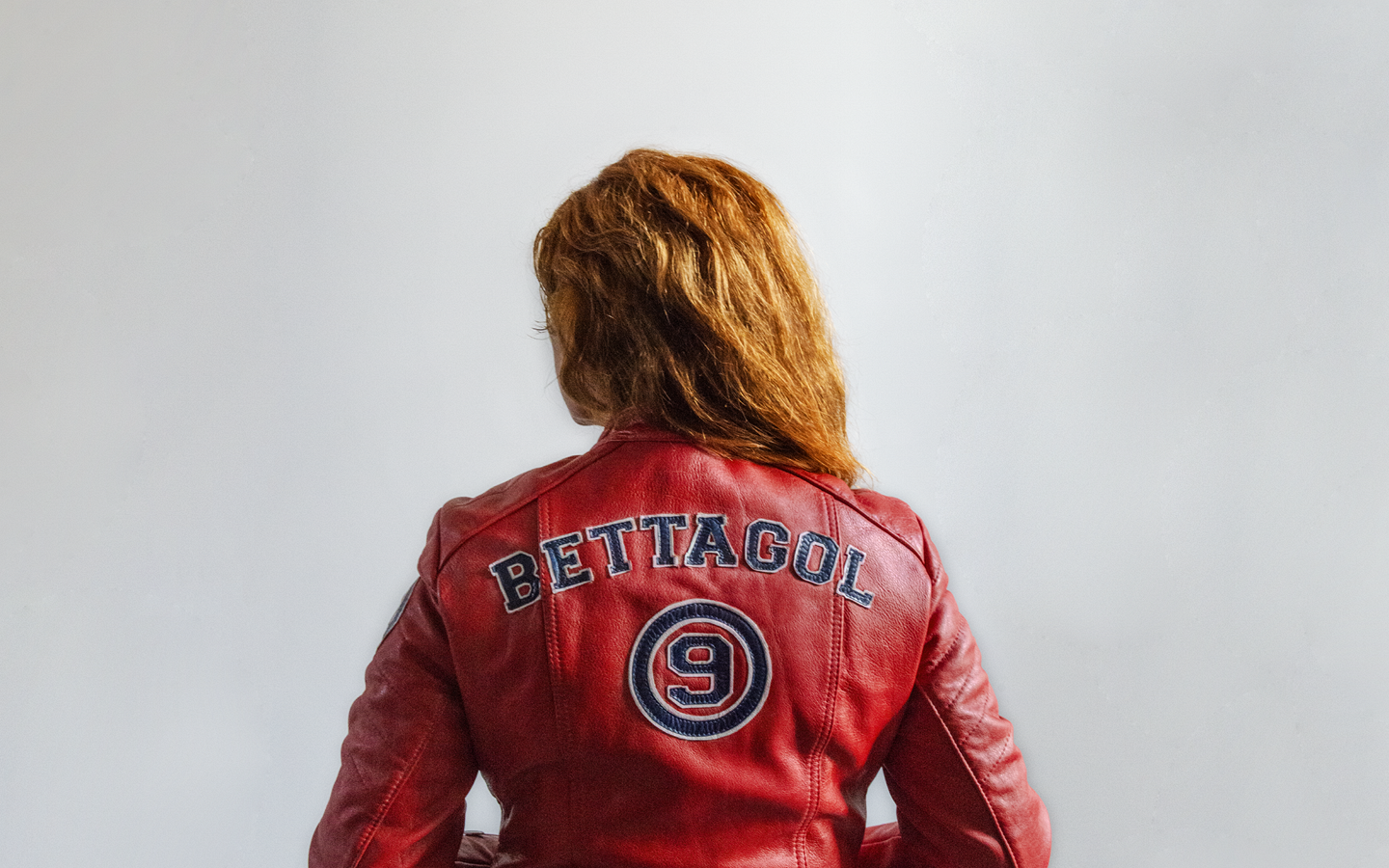Autoritratto al lavoro
May 9–August 25, 2024
Via Nizza 138
00198 Rome
Italy
Hours: Tuesday–Friday 12–7pm,
Saturday–Sunday 10am–7pm
T +39 06 696271
info@museomacro.it
Ciao! I’m happy to announce the opening of Autoritratto al lavoro, the first major anthological exhibition on Elisabetta Benassi (Rome, 1966) presented by an institution active in the city where she lives and works. The project presents over twenty years of her artistic output, juxtaposing works from the early 2000s with more recent pieces, and three new productions made for the show.
Moving freely across a wide range of languages, media and imagery—an approach that has always been a distinctive earmark of her research—Benassi wryly observes the cultural, critical and artistic legacy of modernity, with the aim of “entering history not to quote from it, but to bring it back to life in the present, creating a sort of intrusion”, suggesting a constantly paradoxical idea of time.
Convinced of the potential offered by an exhibition, more than individual works, to convey an idea in a complex way, the artist has chosen to reflect on the very notion of a retrospective, formulating a large installation: a mise-en-scène of her works, built through a system of architectures and settings arranged in space like theatrical wings. Each of these modular structures has been conceived to host one work—partially concealing it from the gaze of visitors—and at the same time to respond to its specific narrative and poetic intentions, thus offering a new device for experiencing the works, which have often taken form in response to specific sites, situations, and time frames. Each structure, covered with modular plaster panels bearing traces of the moulds used to create it, appears as a sculptural body with brutalist features, resulting in a display that becomes an artistic intervention in its own right.
The exhibition presents itself as a possible self-portrait of the artist at work, aimed at generating a visual and linguistic score in which the pieces are presented by association, intentionally avoiding chronological order. Thanks to the coherence of the display and the continuity provided by the plaster architecture, the artist enacts a system of formal harmony, offering a discursive framework for her research, which has always defied systems of classification, rejecting any ideas of style and canon.
My programme will continue on May 30, with the opening of monographic exhibitions dedicated to two other women with ties to Rome, poet Patrizia Cavalli (Todi, 1947—Rome, 2022) and artist Marcia Hafif (Pomona, CA, 1929—Laguna Beach, California, 2018).
Il sospetto del paradiso presents a selection of manuscripts, typescripts, poems and essays on art by Patrizia Cavalli. The exhibition also displays a photographic installation by Lorenzo Castore, composed by more than 200 previously unpublished photographs of Cavalli’s Roman house.
Roma 1961–1969 traces American painter Marcia Hafif’s relationship with the city of Rome and with its art scene through works created during her long stay in the city from 1961 to 1969. The exhibition presents paintings on canvas, works on paper and a selection of photographs taken by Hafif in Rome.
Please visit my website for updates and further content, and to explore current and past exhibitions. I hope to see you soon!



